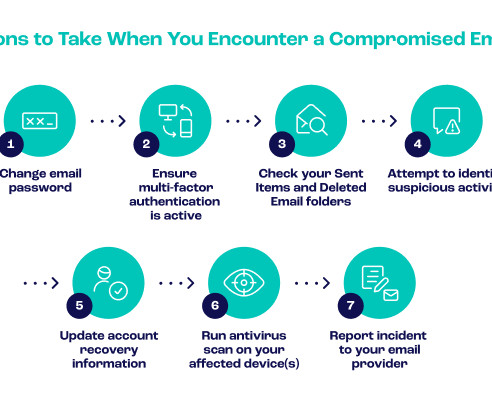The Big Spike In ‘CEO Fraud’
PYMNTS
FEBRUARY 12, 2020
Phishing/vishing/smishing/pharming, non-payment/non-delivery, extortion and personal data breaches were among the favored attack patterns last year. And in that top three, the FBI noted, BEC (sometimes called EAC, or email account compromise) was the absolute leader in generating losses, representing about $1.77




















Let's personalize your content